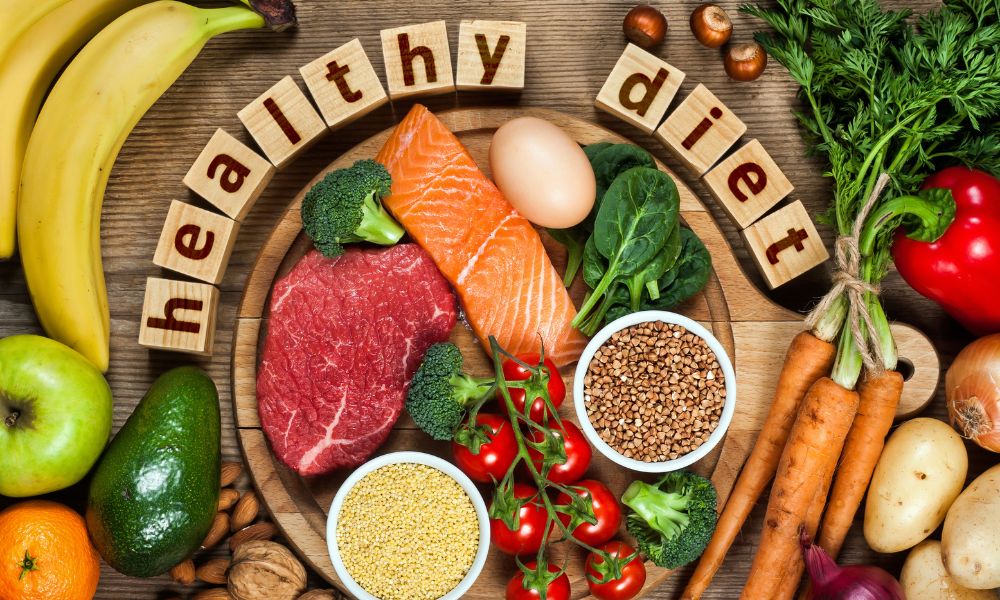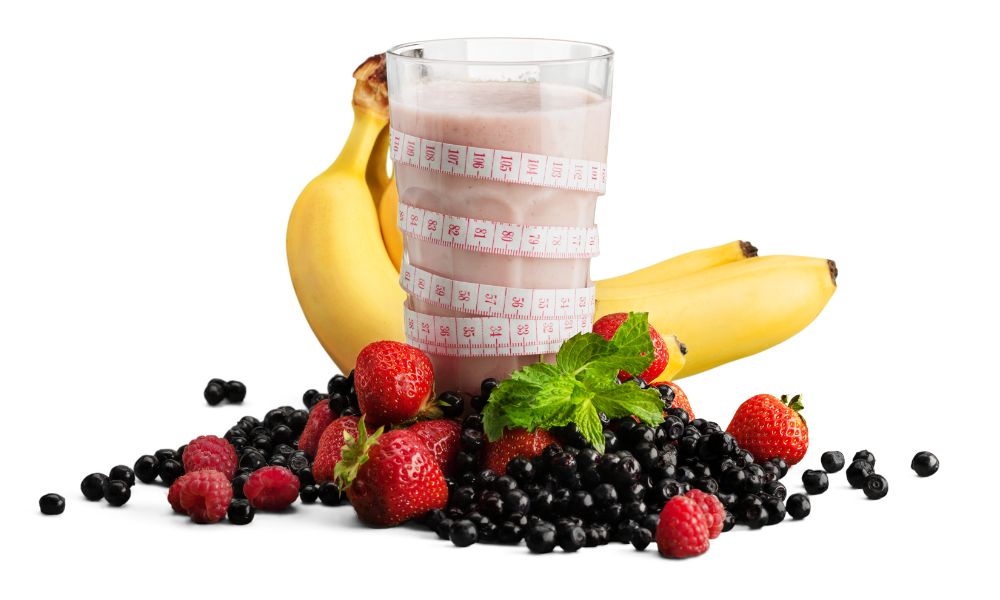In a world filled with fad diets and conflicting nutritional advice, embarking on a journey toward healthy eating can feel overwhelming for beginners. But fear not! This beginner’s guide to healthy eating will provide you with the fundamental principles and practical tips to kickstart your journey towards a healthier, more balanced diet.
Understanding the Basics
Before diving into specific dietary recommendations, it’s crucial to grasp the basics of healthy eating. At its core, a healthy diet is all about finding the right balance between the foods you eat to provide your body with the nutrients it needs to function optimally. Here are some key components to consider:
1. The Food Groups
The building blocks of a healthy diet are often organized into the following food groups:
- Fruits and Vegetables: These should make up a significant portion of your daily intake. They are rich in essential vitamins, minerals, and fiber.
- Protein: Sources of protein include lean meats, poultry, fish, beans, tofu, and nuts. Protein is crucial for muscle repair and overall growth.
- Grains: Whole grains like brown rice, quinoa, and whole wheat bread are rich in fiber and nutrients. They should be preferred over refined grains.
- Dairy: Dairy products like milk, yogurt, and cheese provide calcium and other important nutrients. Opt for low-fat or non-fat versions when possible.
- Fats: While fats should be consumed in moderation, healthy fats from sources like avocados, nuts, and olive oil are essential for bodily functions.
2. Portion Control
Controlling portion sizes is key to maintaining a healthy weight. Even healthy foods can lead to weight gain if consumed in excessive amounts. Learn to listen to your body’s hunger cues and practice mindful eating.

Practical Tips for Healthy Eating
Now that you have a foundation in the basics, let’s explore some practical tips to help you make healthier food choices:
1. Plan Your Meals
Planning your meals in advance can prevent impulsive, unhealthy choices. Create a weekly meal plan that includes a variety of foods from different food groups.
2. Cook at Home
Home-cooked meals allow you to control the ingredients and portion sizes. Experiment with new recipes and cooking methods to keep things interesting.
3. Read Food Labels
Become a label detective. Pay attention to serving sizes, calories, and the ingredients list. Aim for foods with shorter ingredient lists and minimal additives.
4. Limit Processed Foods
Processed foods are often high in salt, sugar, and unhealthy fats. Try to minimize your consumption of items like sugary snacks, fast food, and heavily processed frozen meals.
5. Stay Hydrated
Water is essential for overall health. Replace sugary drinks with water, herbal teas, or infused water with slices of fruit or cucumber.
6. Practice Moderation, Not Deprivation
Remember, it’s okay to enjoy treats occasionally. The key is moderation. Depriving yourself of your favorite foods can lead to cravings and overindulgence later on.
7. Listen to Your Body
Pay attention to hunger and fullness cues. Eat when you’re hungry, and stop when you’re satisfied. Avoid eating out of boredom or stress.
8. Gradual Changes
Making sudden, drastic changes to your diet can be challenging to sustain. Start with small, manageable changes and gradually work towards a healthier diet.
9. Seek Support
If you find it difficult to navigate the world of healthy eating alone, consider seeking support from a registered dietitian or nutritionist. They can provide personalized guidance and advice.
The Importance of Patience
Lastly, it’s important to understand that adopting a healthy diet is a journey, not a destination. Be patient with yourself and allow room for occasional slip-ups. The goal is to create long-lasting habits that promote overall well-being.
In conclusion, healthy eating is a holistic approach to nourishing your body with the nutrients it needs to thrive. By understanding the basics, practicing portion control, and following practical tips, you can embark on a journey toward a healthier, happier you. Remember, it’s not about perfection; it’s about progress. Start today, and your future self will thank you for it.






